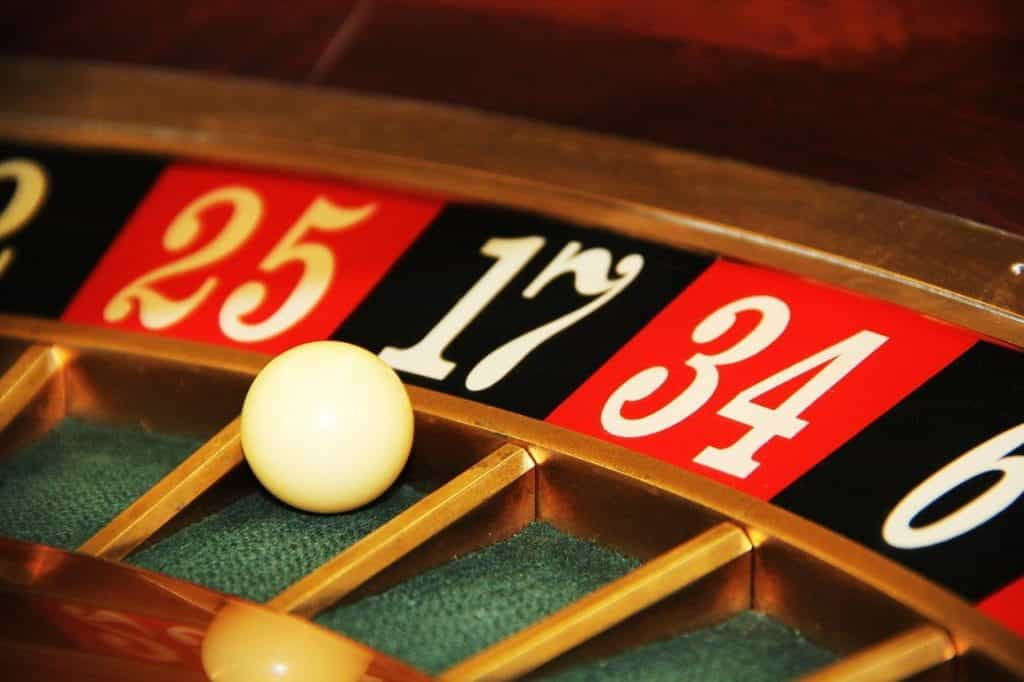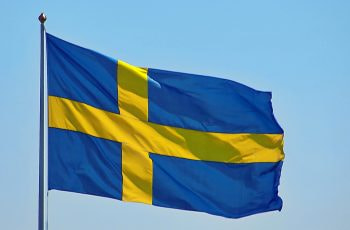Videoslots’ License Extended After Appeal
Videoslots’ license in Sweden has been extended until the 23rd of December 2023 after an appeal against the Swedish Gaming Authority (Spelinspektionen). The operator’s license had previously been limited to a two-year term by the Authority, however, the appeal was concluded in the favor of Videoslots.

The appeal which Videoslots won is just one in a series of Spelinspektionen’s licensing rulings that have been overturned after appeals. ©GregMontani/Pixabay
Videoslots under investigation
The ruling of the appeal was provided by the Linnköping Administrative Court. During the hearing, the court heard that Spelinspektionen’s initial decision to only award Videoslots with a two-year license was influenced by a regulatory settlement between the operator and the British Gambling Commission.
The investigation by the Great British Gambling Commission was originally announced in November of 2018 and found that Videoslots had insufficient customer due diligence framework and processes in place. It was also ruled that the operator had failed to establish the source of players’ funds which were being used to gamble.
It was discovered that the operator had failed to carry out adequate due diligence checks on customers that were spending large amounts of money on their services. There was also a case where a customer had been able to use a fraudulent driving license to verify their identity. These cases happened between 2014 and 2017.
The case leveled at Videoslots by the British Gambling Commission was eventually concluded with a £1m settlement with the Commission instead of a financial penalty. The operator was also ordered to pay £12,000 towards the investigative costs of the Gambling Commission.
This investigation was used by the Swedish regulator as grounds for limiting the license term for Videoslots in the country. The operator argued in court that the British Commission had accepted that it had taken “proactive and timely measures” in response to the transgressions that were unearthed by their investigation. The British regulator had also praised Videoslots for being “open and transparent”, as well as for cooperating fully with the regulatory process.
“This makes it obvious that the company is a serious business that makes an effort to follow the regulations to which it is subject,” Videoslots said in its appeal. “The British supervisory case, therefore, cannot be considered a reason to deviate from the normal, five-year license period.”
The operator also made it clear that other operators that had entered into regulatory settlements with regulators had been granted five-year licenses in Sweden. Additionally, the operator pointed to the state-owned operator Svenska Spel’s repercussions from a similar problem with regulations. Svenska Spel suffered no license restriction in Sweden despite its subsidiary being fined for contravening the regulator’s rules in its anti-money laundering processes.
This case related to Casino Cosmopol which was fined SEK8m (£641,638/€761,526/$841,970) for failing to comply with regulations in November of 2018.
In court, the Swedish regulator argued that the settlement was only announced in November 2018, which it thought was too short a time to decide whether any measures taken by Videoslots to rectify the issues that the Gambling Commission had identified would have the intended effect.
The gambling regulator in Sweden said that all cases were treated equally. In the case of the Casino Cosmopol violations of rules, Spelinspektionen noted that the transgressions occurred a number of years ago and that the financial penalty had been reduced from SEK8m to SEK3m in October 2019 after an appeal.
Alderman Thomas Kjellgren, the judge who presided over the case, made it clear that the violations by Videoslots were indeed very serious. He also noted that these transgressions could be considered as grounds for closer oversight of the operator by the Swedish regulator.
He did, however, make the case that Videoslots had fully cooperated with the Gambling Commission over the allegations leveled at them. He also argued that the operator had made adequate steps to address the issues which had led to the original investigation by the British Commission. Kjellgren, therefore, ruled that it was not justified or proportionate for the regulator to limit the license of the operator to just two years.
On top of this, Kjellgren added, that potential risks and deficiencies of Swedish licensees should be addressed as part of the regulator’s ongoing supervision of operators in the country. The Alderman ruled that such issues would not be helped by a completely new assessment of an operator’s business, which is what would be required after the two-year license had expired.
After this, Kjellgren ruled that the license for Videoslots would run from the 1st of January 2019 to the 31st of December 2023.
This is the latest in a growing list of rulings made against Spelinspektionen in relation to the length of gaming licenses, and the regulator has announced that it has no plans to appeal against the ruling.
In October of this year, LeoVegas won a challenge against the regulator’s decision to award the operator a two-year license. The appeal followed four operators – Ellmount Gaming, Aspire Global, Gaming Innovation Group (GiG) and Hero Gaming – being granted three-year-long licenses after appeals. These operators had originally only been awarded licenses which allowed them to operate for a year in Sweden.



